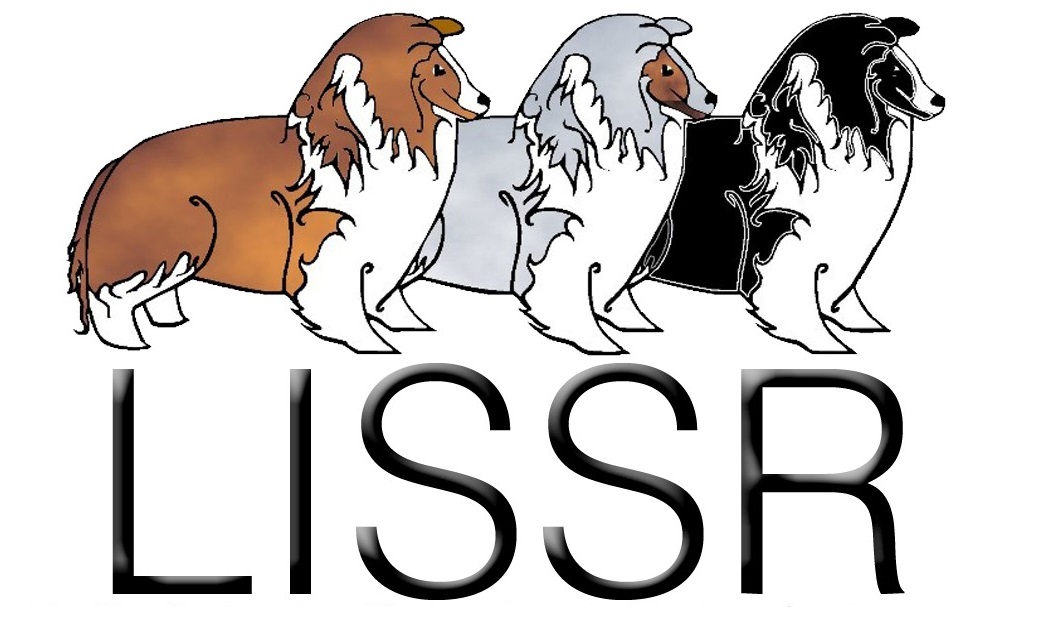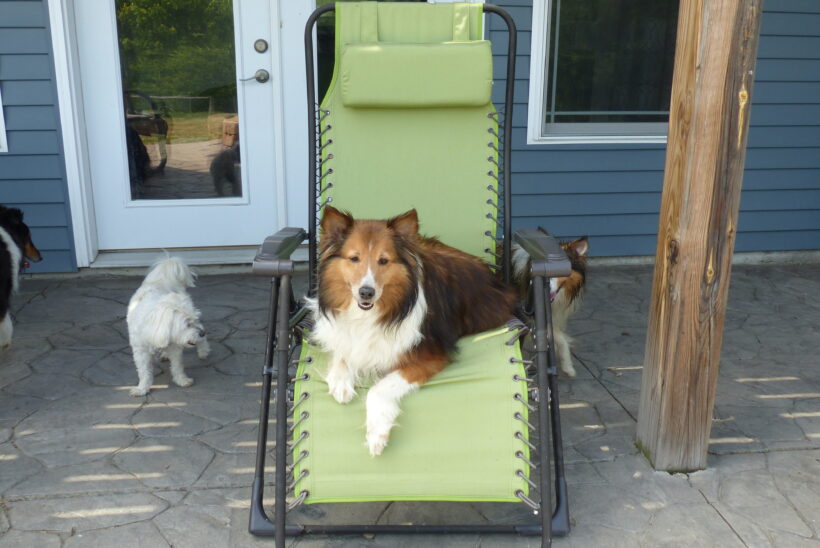The Shetland Sheepdog must exhibit sensitivity and responsiveness towards its owner in order to be considered to have true Sheltie personality or temperament. Sensitivity means that a Sheltie seems to be almost psychic in picking up and understanding the mood of its owner. When the owner is in a playful mood, the Sheltie knows and responds accordingly. When the owner is in a quiet mood, the Sheltie is quite happy to sit quietly with the owner. When the owner is upset, the Sheltie senses this and shows concern, sometimes with a worried look or a few gentle licks. The Sheltie knows when its owner does not want to be bothered and stays out of the way.
Shelties are usually easy to train because of this sensitivity and responsiveness. They like to learn and please their owners. Training can also be tricky with Shelties, however, as they usually try their hardest to do what you want but because of their sensitivity they can easily become confused if you become upset or impatient They often try to do something before you ask (anticipate) in order to avoid your displeasure… if you are already frustrated and impatient, this only makes matters worse. Realize that your Sheltie wants to do what you ask…..slow things down, go back to an easier task and let your Sheltie be successful before you quit working… then praise, play and relax with your Sheltie. Next time you work with your Sheltie, you may be quite surprised that it has figured out what you want all by itself!
Shelties exhibit some rather unusual behaviors at times and if one is not aware of these, they can be somewhat alarming. Many Shelties grin…that’s right! Like a big smile on a person, Shelties sometimes bare their teeth in a huge grin. Don’t mistake this for an aggressive curling of the upper lip although it can look a bit like it. The situation it occurs in should tell whether it is a grin or a snarl. When Shelties are happy and relaxed or playing, they may grin. Some just smile, with their lips closed.
Some Shelties talk to their people in whines, grunts, groans, and even quiet growls, especially when being petted. Again, assess the situation. if your Sheltie is relaxed, it is most likely talking to you, not being aggressive.
Another unique trait that some Shelties have is to cross their front feet when laying down. This can be quite an endearing behavior and females look especially ‘ladylike’ when doing so. Some use their front feet like hands to hold onto things such as chewies or to catch Frisbees.
Some Shelties become quite upset when left alone. Some try to teach you a lesson by soiling in the house when you leave them alone, even though they have perfect house manners when you are home. Some bark or actually throw themselves at the door when you are trying to leave. It may be necessary to place your Sheltie in a crate/kennel when you go out for the well-being of everyone involved. Remember that Shelties want to be with you and are not happy when left alone for long periods of time.
Since Shelties were originally herding dogs, many still exhibit behaviors related to herding such as biting and barking at moving feet or brooms, mops and vacuum cleaners, circling people or objects, and chasing moving objects such as other animals, birds, planes and cars. Obviously, chasing cars can be fatal so don’t allow your Sheltie to do this.
In general, Shelties make great family pets. They can be very active and playful, and they can be just as happy sleeping at your feet when you are busy with other things. They do not require a lot of exercise, usually a daily walk or two will be enough. Most Shelties are good with children but there are some that would prefer to be left alone and will go off to a place where they will be left alone. Shelties can be very protective of their families, especially children of the family.

